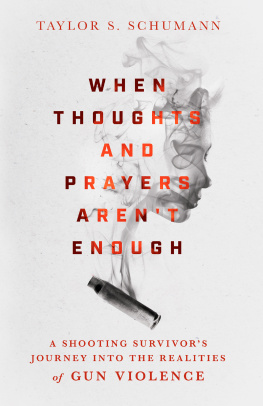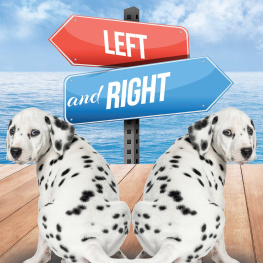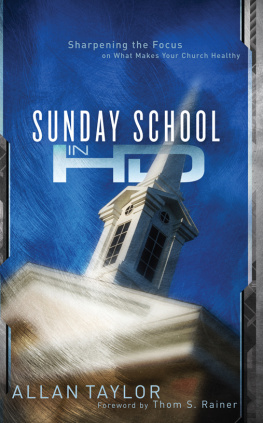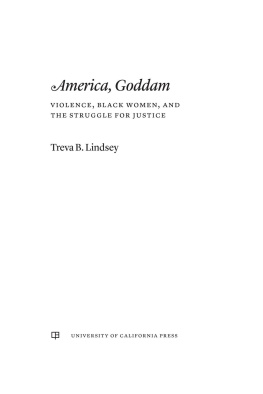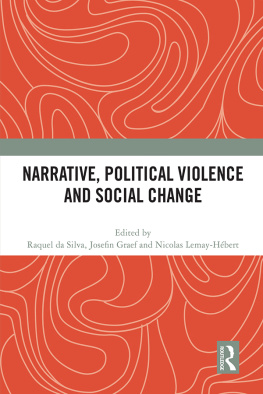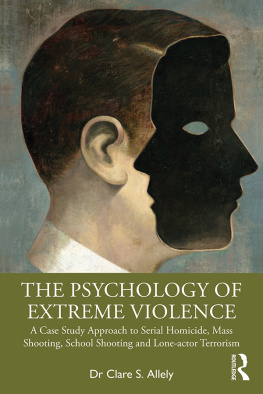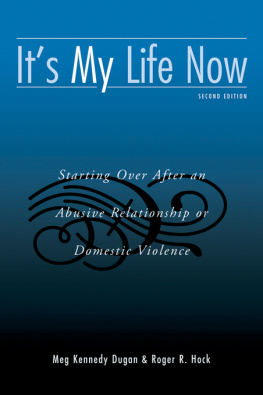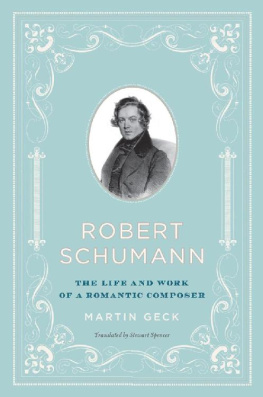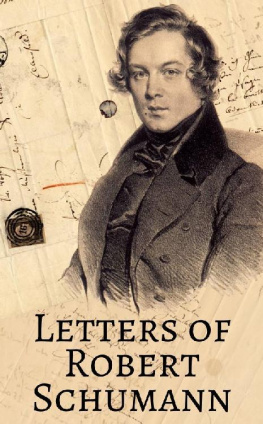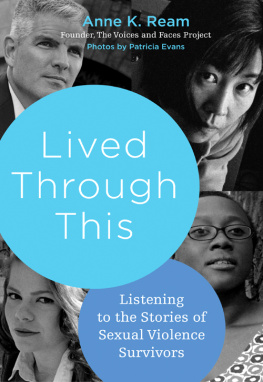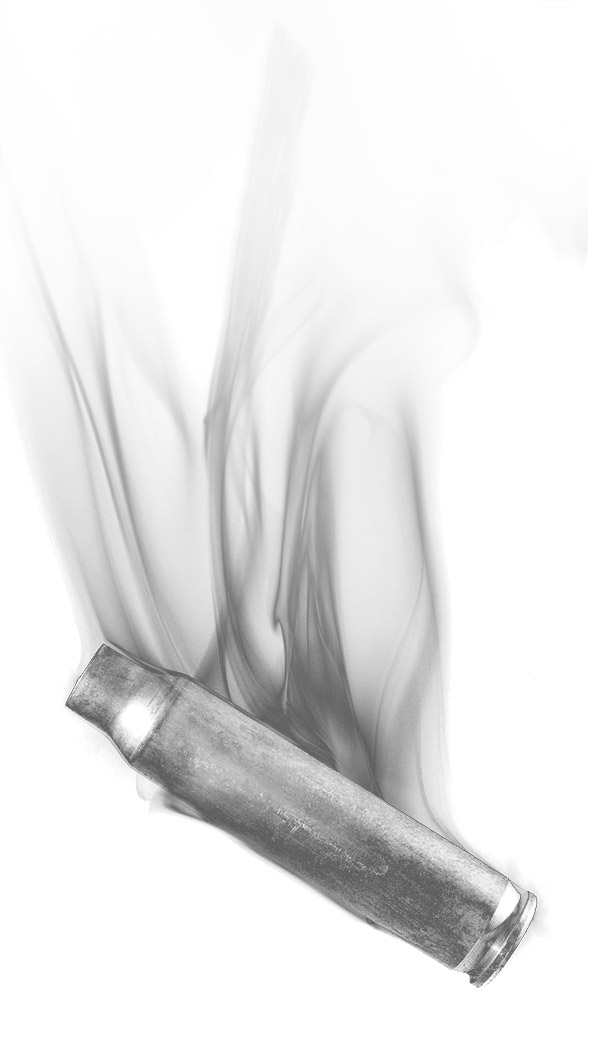Sommaire
Pagination de ldition papier
Guide
InterVarsity Press
P.O. Box 1400, Downers Grove, IL 60515-1426
ivpress.com
email@ivpress.com
2021 by Taylor Sharpe Schumann
All rights reserved. No part of this book may be reproduced in any form without written permission from InterVarsity Press.
InterVarsity Press is the book-publishing division of InterVarsity Christian Fellowship/USA, a movement of students and faculty active on campus at hundreds of universities, colleges, and schools of nursing in the United States of America, and a member movement of the International Fellowship of Evangelical Students. For information about local and regional activities, visit intervarsity.org.
All Scripture quotations, unless otherwise indicated, are taken from The Holy Bible, New International Version, NIV . Copyright 1973, 1978, 1984, 2011 by Biblica, Inc. Used by permission of Zondervan. All rights reserved worldwide. www.zondervan.com. The NIV and New International Version are trademarks registered in the United States Patent and Trademark Office by Biblica, Inc.
While any stories in this book are true, some names and identifying information may have been changed to protect the privacy of individuals.
The publisher cannot verify the accuracy or functionality of website URLs used in this book beyond the date of publication.
Cover design and image composite: David Fassett
Images: smoke curls: Jasper James / The Image Bank / Getty Images
rifle casing: gsagi / iStock / Getty Images
smoke: Henrik Sorensen / DigitalVision / Getty Images
girl silhouette: Nikola Spasenoski / iStock / Getty Images
smooth white paper: Nenov / Moment Collection / Getty Images
ISBN 978-0-8308-3171-5 (digital)
ISBN 978-0-8308-3170-8 (print)
This digital document has been produced by Nord Compo.
For every person who has been
affected by gun violence.
You are seen.
WARNING
This book contains descriptions about gun violence, domestic violence, and suicide, which may be triggering to survivors.
INTRODUCTION
AFTER I GOT SHOT ON APRIL 12, 2013, as I was hiding out in a closet praying for rescue, I remember thinking, This happened to me. A shooting happened to me, and now it will never have not happened to me. I knew that my life would forever be divided by that momentbefore the shooting and afterand on the other side of surviving it, everything would be different.
Despite growing up in a post-Columbine worldthe 1999 high school shooting took place when I was eight years oldI never imagined something like it would happen to me. I never imagined turning around to see a person point a gun at me. I never imagined getting shot. I certainly couldnt have foreseen becoming an activist for gun reform. And while I always hoped I would write a book someday, I never imagined a world in which it would be about this.
My life took an unexpected turn that day and everything changed. On a beautiful spring morning in April, a student decided to walk into his school with a gun, and I was forced into a world I only saw from the comfort of my living room with the television screen separating me from tragedy. After that day, I understood what it was like to see the worst experience of your life on the national news and the front of the newspaper. I felt the physical pain of a bullet ripping my body apart. I woke up from nightmares constantly through the night and started sobbing at sudden noises. Contending with physical and emotional trauma resulting from the attack became my life. I found myself joining a club of shooting survivors who lived all of their days like this long before I did. Despite the fact we strongly oppose adding new memberssince none of us want to be in this club in the first placeour membership number goes up every day.
Before it happened to me, it was easy to see shootings in the news, feel sad, offer my thoughts and prayers, maybe add one of those little ribbons to my Facebook profile picture, and then move on with my day. I didnt have to stare at the suffering. I didnt have to think about it if I didnt want to. It wasnt my problem. I didnt have to acknowledge the fact that in America, more than 36,000 people die every year because of gun violence. None of this affected me. Until it did.
Maybe this is you too. Perhaps gun violence hasnt affected you in a direct way. It makes you sad, of course, and after mass shootings you sincerely offer your thoughts and your prayers, and hope that it doesnt keep happening. But beyond that, you dont think about it. Maybe you even feel a little guilty about it, but what can you do? You wouldnt know where to start.
I get it, I really do. I lived it. Can I let you in on a little secret? I dont really want to think about it either. I would love to be able to go through a day without a memory trying to take me down, or panicking when I hear an ambulance siren, or feeling tears collect in the bottom of my eyes when I hear news of an active shooter. I would love to live my life that way, but I cant. I dont have the option anymore. And in some ways, Im actually thankful for that. Because heres the thing: people are hurting and suffering. Survivors are retraumatized daily as more and more people become victims themselves. Gun violence is wreaking havoc on our country, and the effects ripple out farther than we can possibly know or imagine. We, all of us, have to look at it head-on. We have to stop turning away.
I spent a lot of days feeling forgotten. In the weeks and months after the shooting, most of my friends and people in my life were able to move on with their lives. Things went back to normal for them, but I was drowning, trying to figure out what my life was supposed to look like. Surviving a shooting is a whole thing. Getting shot is a whole other thing. Living in the aftermath of the trauma and trying to make a life for yourself in the midst of the surviving is, for lack of a better term, messy. It baffled me how every morning people got up and had their coffee and went to work like nothing ever happened, while I laid in my bed struggling to find a reason to get out of it.
Most painful of all was the realization that those who turned away, who remained silent, were the ones I most expected to see on the front linesleaning into my pain, joining with me to call out for healing, justice, reform. I expected to see my fellow Christians, the church body as a whole, rally around the issue of gun violence and fight for a better, more peaceful, more loving vision for our nation. I expected to see the church loudly proclaim that lives of our fellow human beings are worth more than guns. I had been following Jesus almost my whole life, and everything I knew and believed about him told me that as believers, we are to love our neighbor as ourselves, plead the cause of the hurting, and defend the least among us. We are even instructed to only seek the good of others instead of our own good. Yet as I became more involved in advocating for gun reform, I saw very little of that, sometimes none at all, and the greater the silence from the church rang in my ears. Seeing my fellow Christians remain silent as violence ripped at the fabric of our communities and survivors were wielded as political footballs increased my pain exponentially. To those who should have seen me most deeply, I felt invisible.

